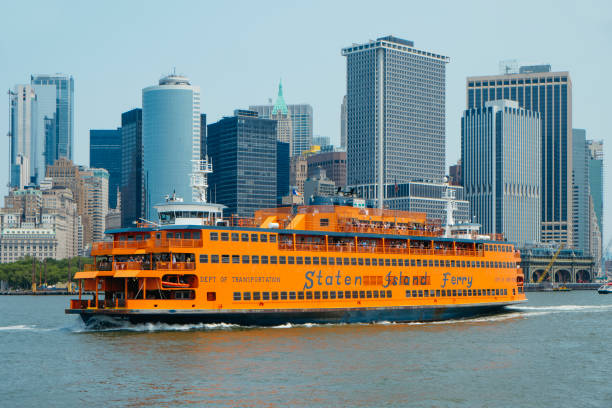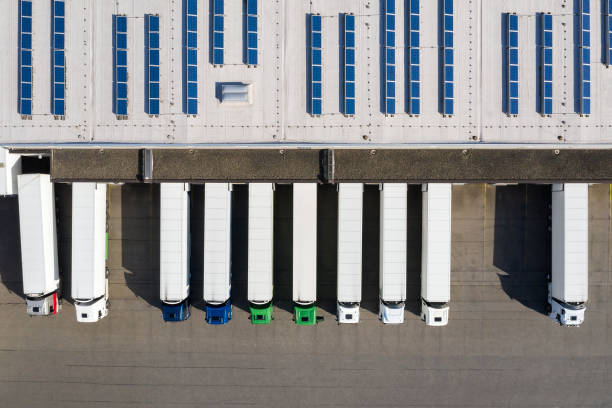Transportation is a major contributor to global carbon emissions, making it crucial to consider eco-friendly alternatives in our daily commutes and travel plans. By choosing sustainable transportation options, we can significantly reduce our environmental footprint. Here are some eco-friendly means of transportation that help protect the planet.
1. Public Transportation
Buses and Trains: Public transportation is one of the most efficient ways to reduce individual carbon emissions. Buses and trains can carry many passengers at once, making them more energy-efficient per capita than personal vehicles.

Subways and Trams: Urban areas often have well-developed subway and tram systems. These electric-powered options are not only faster but also significantly reduce traffic congestion and pollution.

2. Cycling
Bicycles: Cycling is one of the most eco-friendly forms of transportation. It produces zero emissions, promotes physical health, and reduces traffic congestion. Many cities now offer bike-sharing programs, making it easier than ever to cycle without owning a bike.

Electric Bikes: For longer distances or hilly terrain, electric bikes provide an excellent alternative. They require minimal energy and can significantly reduce your carbon footprint compared to driving a car.

3. Walking

Pedestrian-Friendly Cities: Walking is the greenest form of transportation. It produces no emissions, improves health, and allows you to experience your surroundings more closely. Many cities are becoming more pedestrian-friendly by expanding sidewalks and creating car-free zones.
Urban Planning: Cities with compact designs encourage walking by placing essential services, shops, and entertainment within easy walking distance.
4. Carpooling and Ride-Sharing

Carpooling: Sharing a ride with others is a simple way to reduce the number of vehicles on the road. Fewer cars mean less traffic congestion, lower emissions, and reduced fuel consumption.
Ride-Sharing Services: Apps like Uber and Lyft offer ride-sharing options where multiple passengers can share a ride to similar destinations, making travel more sustainable.
5. Electric Vehicles (EVs)

Battery-Powered Cars: Electric vehicles are becoming increasingly popular as they produce zero tailpipe emissions and can be powered by renewable energy. As the charging infrastructure expands, EVs are a viable alternative to traditional gasoline-powered cars.
Hybrid Vehicles: Hybrid cars combine a gasoline engine with an electric motor, reducing fuel consumption and emissions. They are a good transition option for those not ready to switch to a fully electric vehicle.
6. Trains and High-Speed Rail
Electric Trains: Trains, especially those powered by electricity, are a sustainable option for long-distance travel. They are more energy-efficient than cars or planes and produce significantly fewer emissions.

High-Speed Rail: In regions where high-speed rail is available, such as Europe and Asia, it serves as a fast, efficient, and eco-friendly alternative to air travel for long-distance journeys.

7. Water Transport
Electric Ferries and Boats: For short-distance water travel, electric ferries and boats offer a sustainable option. These vessels use electric propulsion systems that reduce air and water pollution.

Sailboats: For those seeking a truly green experience, sailboats powered by wind offer an emission-free way to travel across water.

8. Innovative and Emerging Technologies
Solar-Powered Vehicles: Solar-powered cars and buses, though still in the experimental phase, are paving the way for future eco-friendly transportation. These vehicles harness energy directly from the sun, providing a renewable energy source.

Hyperloop: This futuristic transportation concept involves high-speed travel in vacuum tubes, reducing air resistance and energy consumption. While still in development, the hyperloop promises to be a game-changer for sustainable travel.

